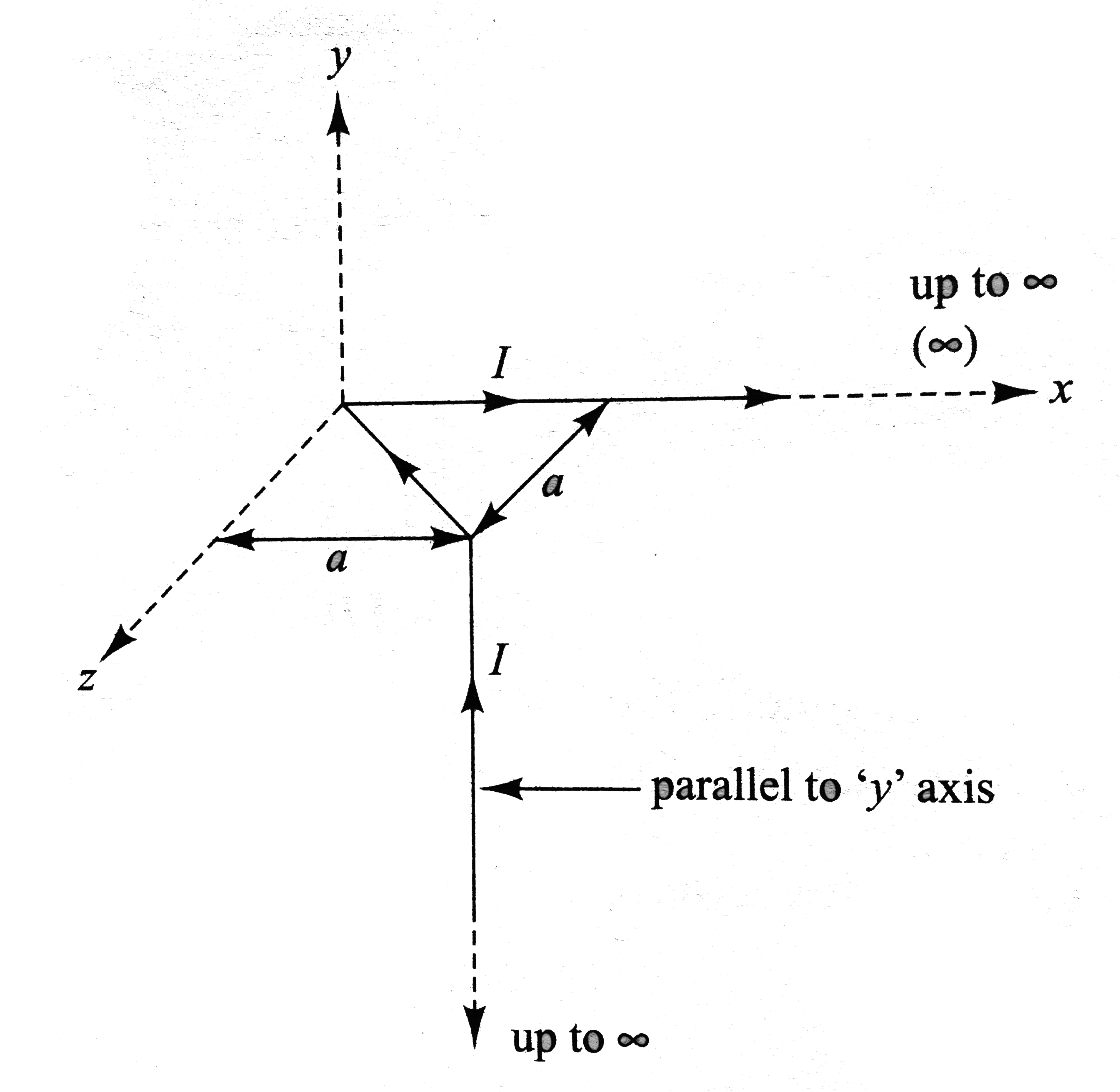A magnet whose magnetic property is due to the flow of an electric current through it
Step-by-Step Solution:
1. Understanding the Concept: The question asks for a type of magnet that derives its magnetic properties from electric current. This is a fundamental concept in magnetism where electricity and magnetism are interconnected.
2. Identifying the Type of Magnet: The magnet that exhibits magnetic properties due to the flow of electric current is known as an electromagnet.
3. How Electromagnets Work: An electromagnet is created by winding a coil of wire (usually copper) around a ferromagnetic material, such as an iron nail or rod.
4. Connecting the Circuit: When the ends of the copper wire are connected to a power source (like a battery), an electric current flows through the wire.
5. Magnetization: The flow of electric current through the wire generates a magnetic field around the wire, which magnetizes the iron core (the nail or rod). This means the iron now behaves like a magnet and can attract magnetic materials.
6. Conclusion: Therefore, the answer to the question is that the magnet whose magnetic property is due to the flow of an electric current is called an electromagnet.
---
Topper's Solved these Questions
- MAGNETISMBOOK - ICSECHAPTER - MAGNETISMEXERCISE - Exercises (Section I) Choose the correct option
8 Videos
- MAGNETISMBOOK - ICSECHAPTER - MAGNETISMEXERCISE - Exercises (Section I) Write T for True and F for False . Correct the False statements
8 Videos
- MAGNETISMBOOK - ICSECHAPTER - MAGNETISMEXERCISE - Questions (Choose the correct option )
6 Videos
- LIGHTBOOK - ICSECHAPTER - LIGHTEXERCISE - Picture Based Questions
21 Videos
- MATTERBOOK - ICSECHAPTER - MATTEREXERCISE - Picture Based Questions
2 Videos
Similar Questions
Knowledge Check
The direction of the flow of current through electric circuit is
Afrom low potential to high potential.Bfrom high potential to low potential.Cdoes not depend upon potential valueDcurrent cannot flow through circuit.Assertion: Substances which at room temperature retain their ferromagnetic property for a long period of time are called permanent magnets.
Reason: permanent magnet can be made by placing a ferramagnetic rod in a solenoid and passing current through it.AIf both assertion and reason are true and reason is the correct explanation of assertion.BIf both assertion and reason are true and reason is not the correct explanation of assertion.CIf assertion is ture but reason is false.DIf both assertion and reason are false.
The velocity of Electro Magnetic wave depends
A. only upon the electric properties of the medium
B. only upon the magnetic properties of the medium
C. both upon the electric and magnetic properties of the medium
D. mechanical and thermal properties of the medium:
View Solution(A) : Free electrons always keep on moving in a conductor even then no magnetic force act on them in magnetic field unless a current is passed through it.
(R) : The average velocity of free electron in a conductor is zero in the absence of the electric field in it.
View SolutionWrite an expression for the electrical energy spent in the flow of current through an electrical appliances in terms of I, R and t.
View SolutionThe magnetic field produced around a straight line wire when current flows through it is
View SolutionThe magnetic field at the origin due to the current flowing in the wire is

View SolutionThe magnetic field at the origin due to the current flowing in the wire is

View Solution